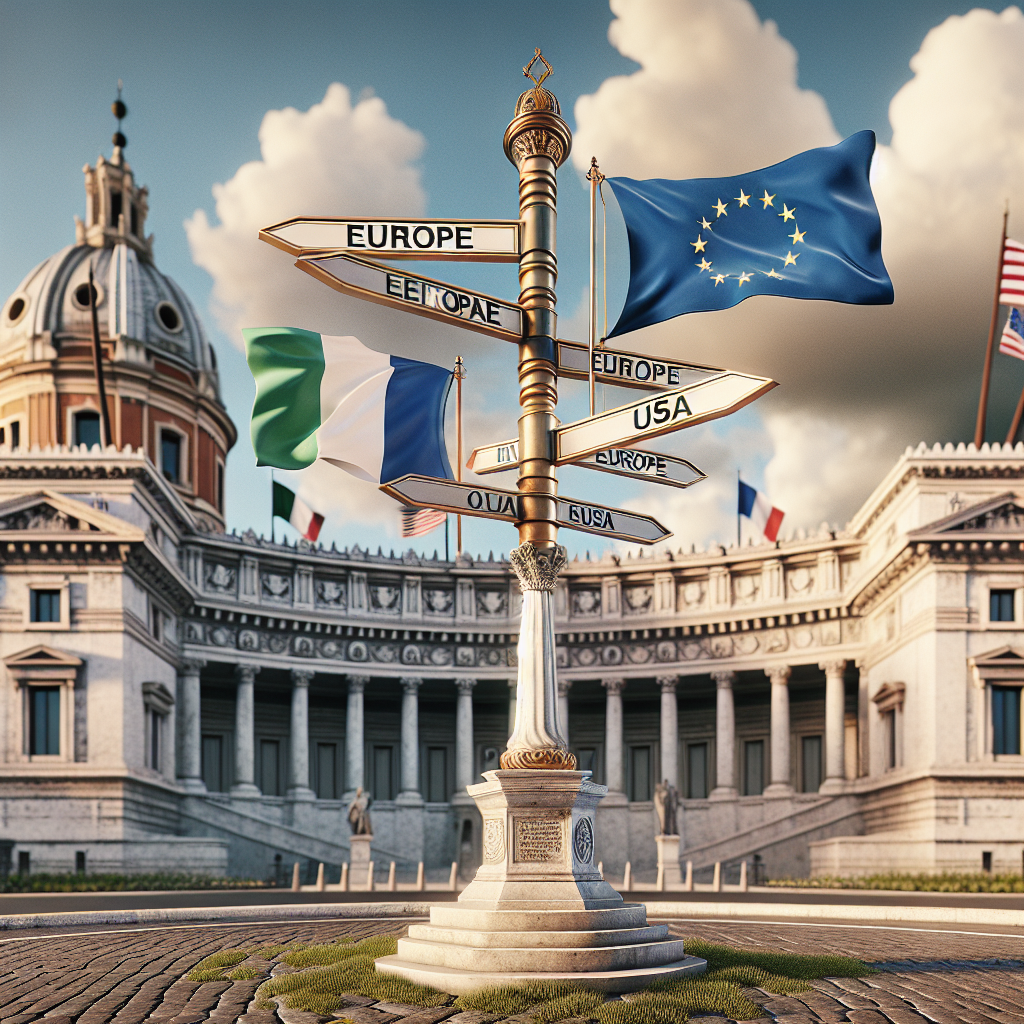Analysis
Giorgia Meloni’s remarks reflect more than just a clever soundbite; they signify a broader recalibration in Europe’s political stance, especially among nations caught between major global powers. Her framing of the debate as “childish” isn’t just rhetoric—it highlights the need for nuanced diplomacy in a polarizing global landscape.
Here’s why Meloni’s approach matters:
- Rejection of Binary Politics: In a world increasingly defined by rivalries—like U.S. versus China or NATO versus BRICS—Meloni’s argument pushes back against the idea that national foreign policies should be reduced to yes-or-no loyalties.
- Assertion of Italian Sovereignty: There’s a resurgence of middle-power diplomacy, where nations like Italy advocate more independent foreign policies that don’t align blindly with blocs or historical allies.
- Implications for EU Unity: Meloni’s stance could inspire other EU member states to carve out similar roles. Her view challenges EU centralization by emphasizing national discretion in foreign affairs.
“Choosing between Trump and Europe is a reductive and childish debate. We look at our interests, not ideologies.”
Giorgia Meloni
Moving Forward: What This Means for the West
Meloni’s balanced diplomacy may serve as a blueprint for how mid-sized powers navigate future alliances. If Trump secures another term, this kind of pragmatic stance may become even more valuable among EU leaders who want to maintain bridges without sacrificing integrity. With rising populism on both sides of the Atlantic and increasing voter polarization, leaders like Meloni could become key voices in shaping a “third-way” of international cooperation.
Moreover, this strategy could serve domestic purposes too. By not fully aligning with Trump or the EU, Meloni is positioning herself as a pragmatic leader, loyal to Italian interests first—a classic populist but with diplomatic finesse.
As global politics grow more uncertain, expect more leaders to adopt similarly measured approaches. Pragmatism, as Meloni displays, might be the new realism in 21st-century foreign policy.
Sources
Disclaimer
Disclaimer: The image used in this post was generated using AI tools. Additionally, this blog post was written with the assistance of artificial intelligence to enhance readability and SEO compliance.












